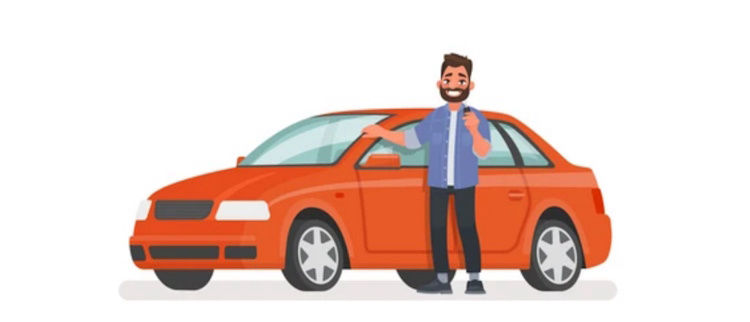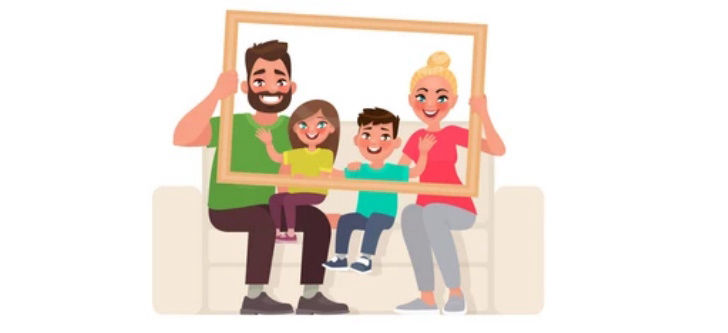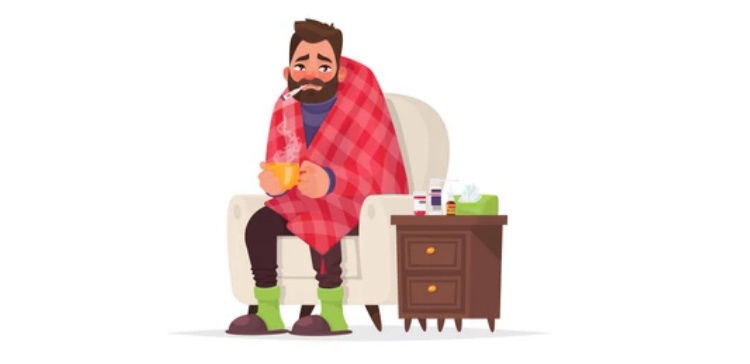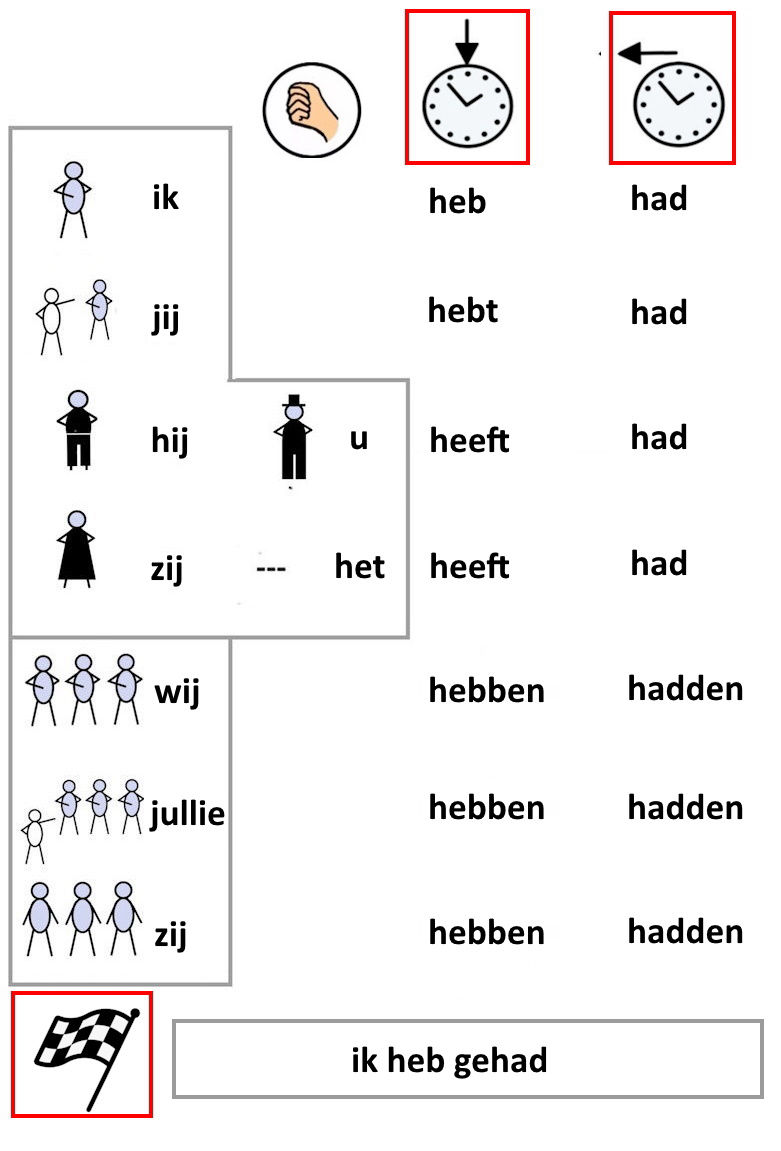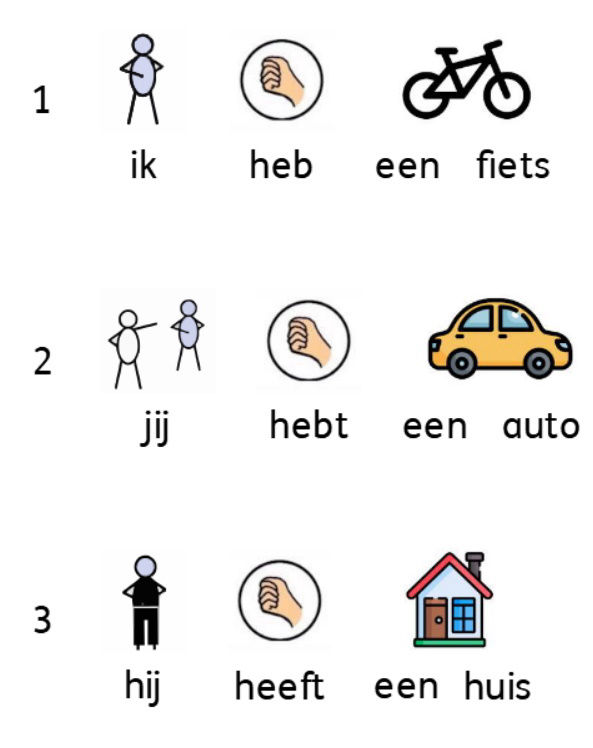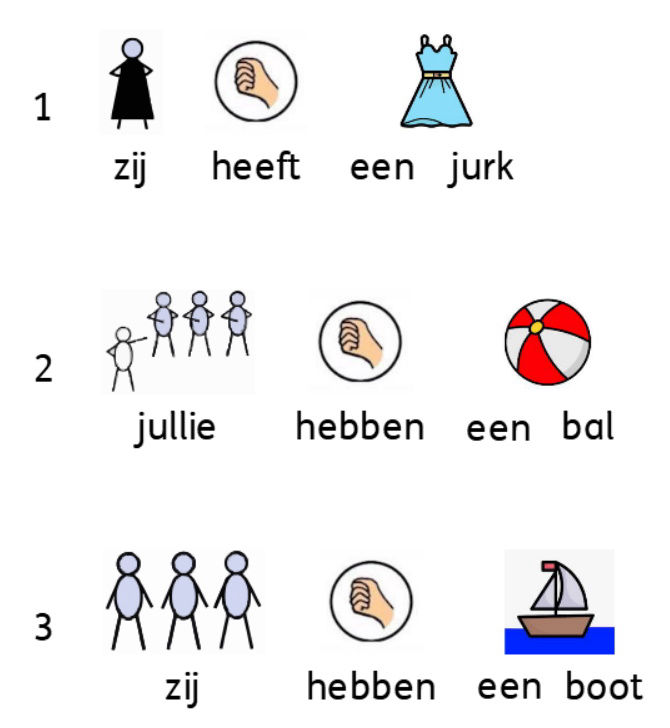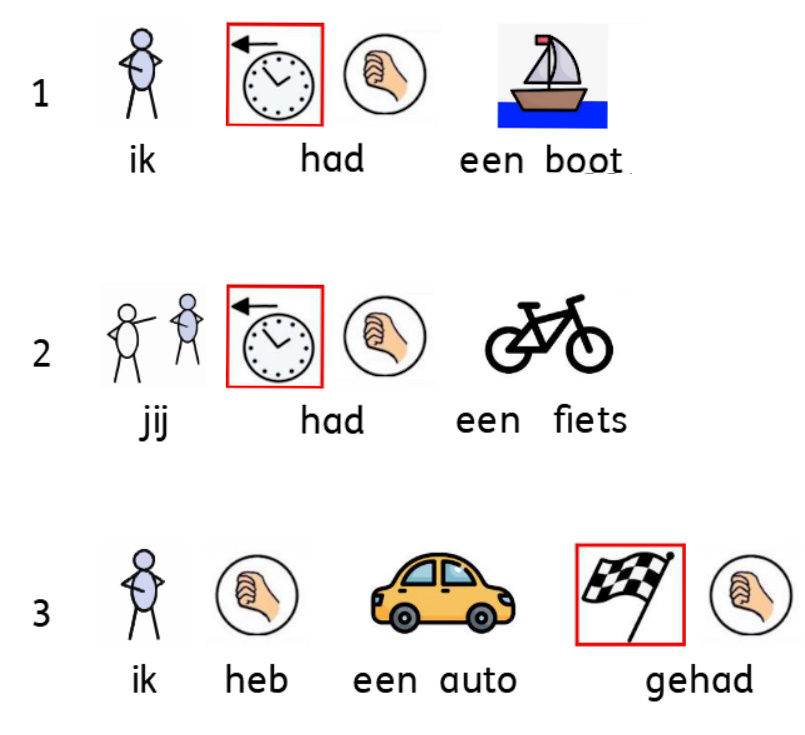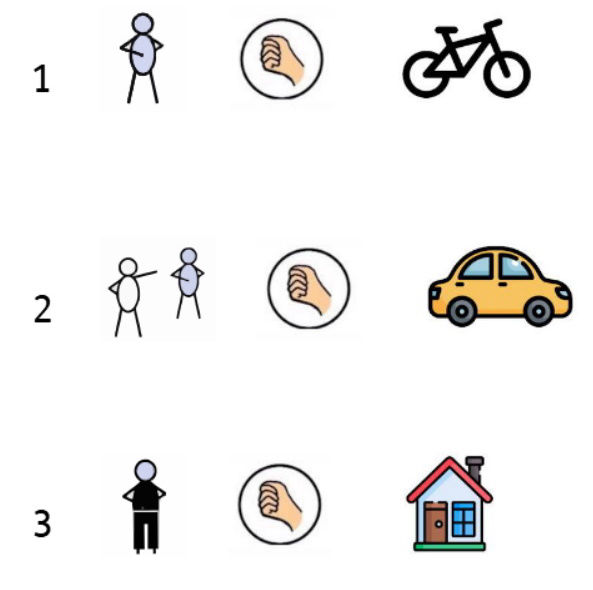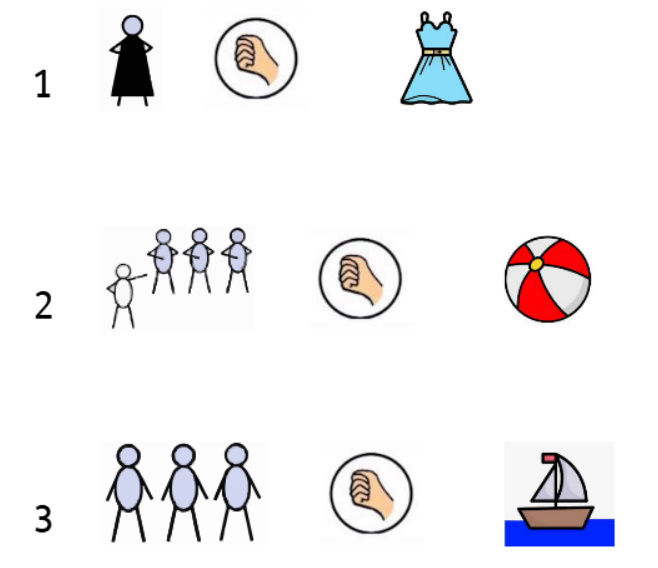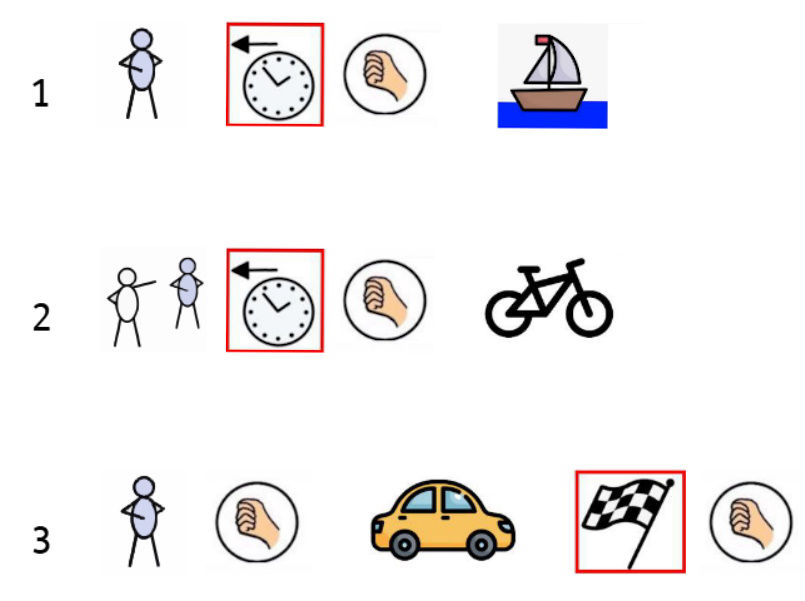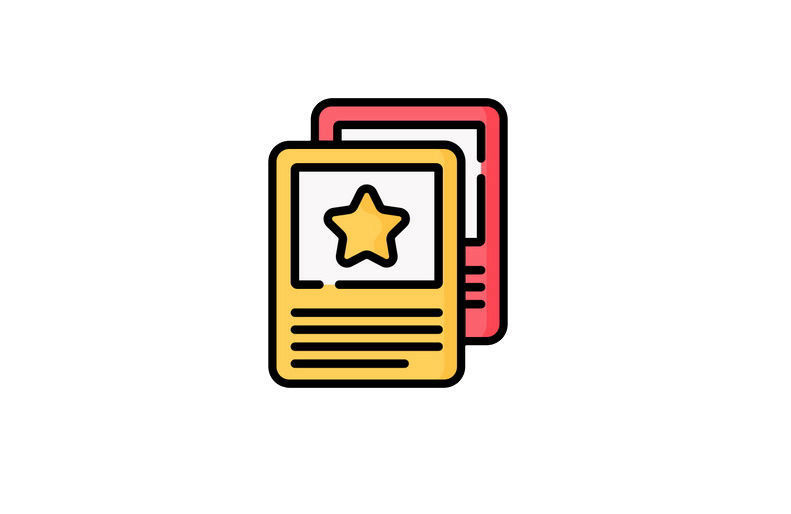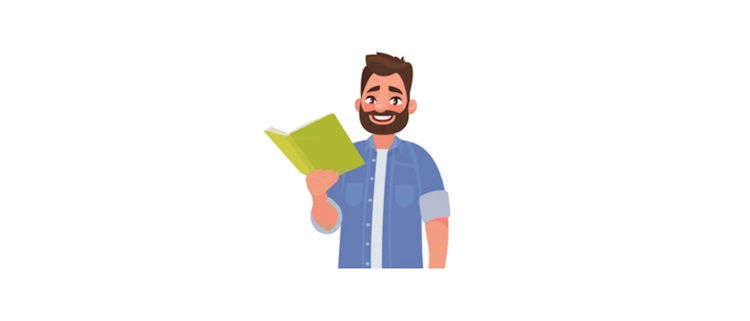
The Importance of the Verb "to have"
The verb "to have" is one of the most essential verbs in any language, including Dutch. It plays a crucial role in everyday communication and is fundamental to building sentences and expressing various concepts. Here's why "to have" is so important:
Ownership and Possession:
"To have" is used to indicate possession or ownership. For example, in Dutch, "I have a book" is "Ik heb een boek." This simple structure helps you talk about what you own or possess.
Helping Other Verbs:
The verb "to have" is also used with other verbs to talk about actions that are completed. For example, "I have eaten" in Dutch is "Ik heb gegeten." This helps in talking about things you have done.
